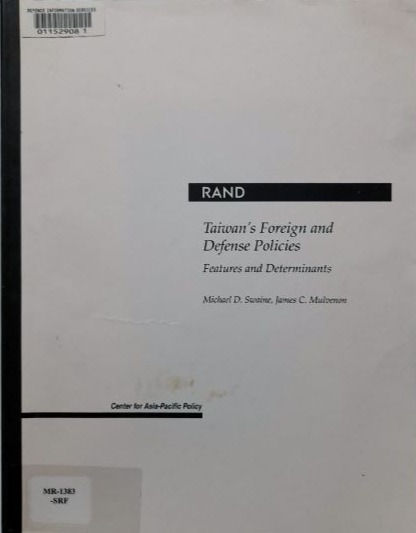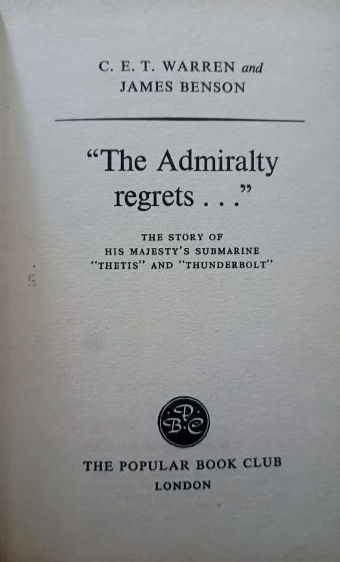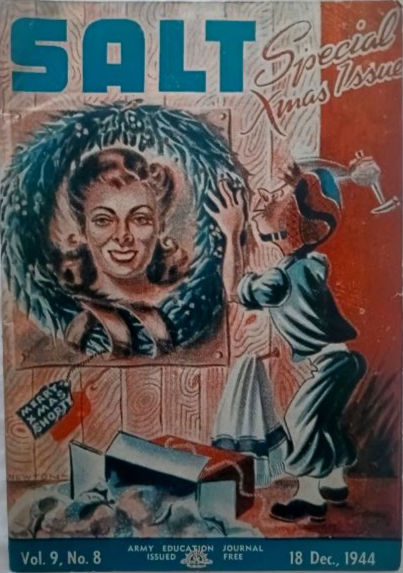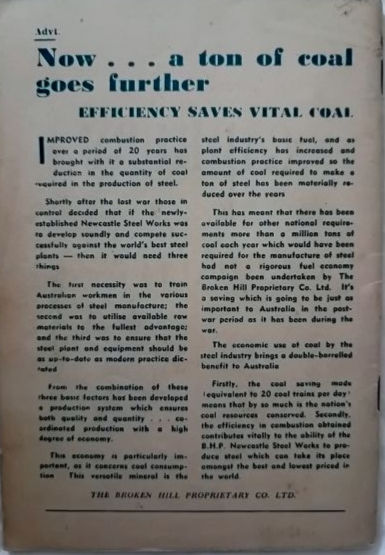Tawian's Foreign and Defense Policies: Features and Determinants (2001) By Michael D. Swaine, James C. Mulvenon
Taiwan's foreign and defense policies have evolved greatly since the days of Chiang Kai-Shek. Its leaders have created a government based on popular sovereignty rather than Chinese nationalism; adopted pragmatic and creative approaches to expanding its international presence, and sought to make itself safe from attack or coercion by Mainland China through acquiring modern weapons, building a more efficient military, and developing closer military and political ties with the United States. China, in turn, has adopted a complex strategy of pressures and enticements to arrest Taiwan's moves toward greater independence. The United States and Japan also wield substantial influence over Taiwan's foreign and defense policies, but U.S. influence is clearly the dominant influence on Taiwan's decisions about theater ballistic missile defenses-providing information and advice that will strongly shape the course of Taiwan's planning, procurement, and deployment. The authors conclude that the United States should continue to maintain a public allegiance to the One China concept, combined with a posture of public ambiguity regarding the level of the U.S. defense commitment. Privately, the United States should make it clear to Beijing that it will respond militarily to a Chinese attack on Taiwan, and should state to Taipei that it will prevent a unilateral attempt to gain independence.
- Soft Cover
- 172 Pages
- In Fair to Good Condition
































